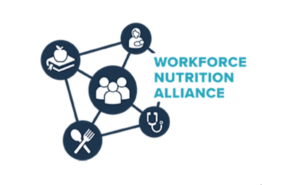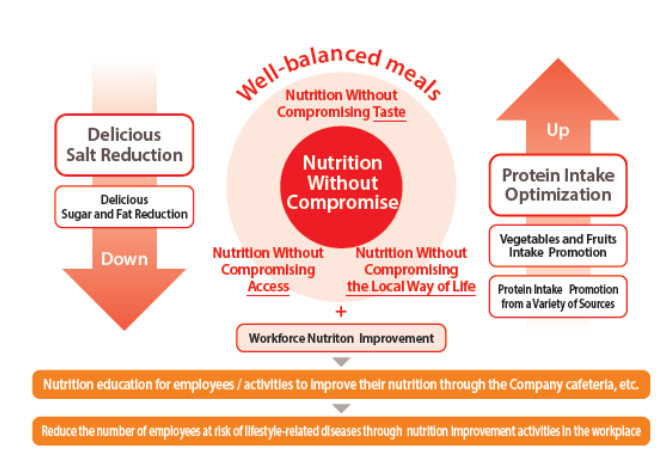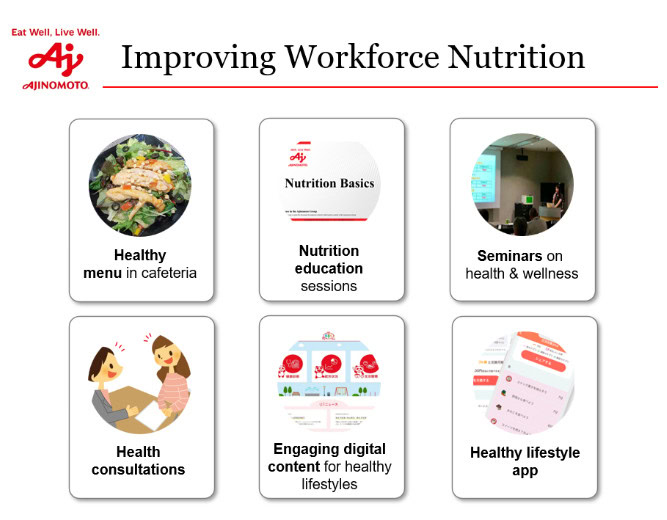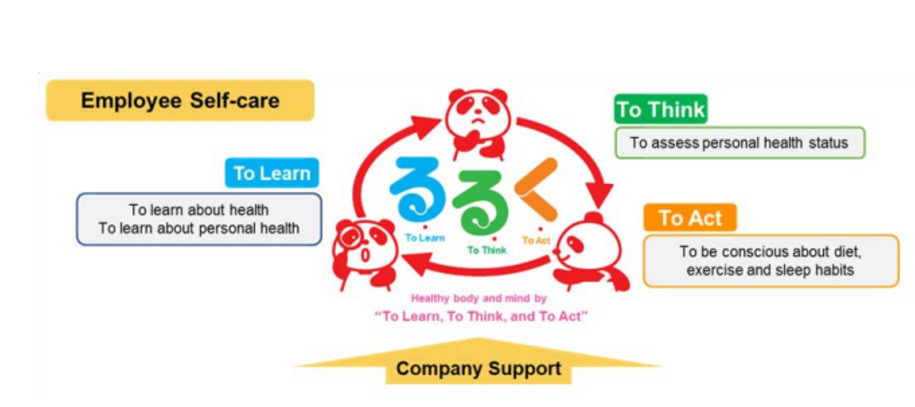Explore Tags
#environmental criteria, #SSCI benchmarking, #Human Rights Defenders, #sustainability certification, #Reposit, #Reuse, #amazon web services, #Primary Production Scope, #Global Supply Chains, #Indigenous Peoples' rights, #Supply chain transparency, #Supplier Engagement, #IBM Institute for Business Value, #Data Driven SpringBoard, #the consumer goods forum, #FAIRTRADE Mark, #Harmonising Data, #Common Data Framework, #HCV, #High Conservation Value, #rights holders, #land tenure, #Free Prior and Informed Consent, #FPIC, #community land rights, #ESG compliance, #global trade standards, #Climate Transition,




